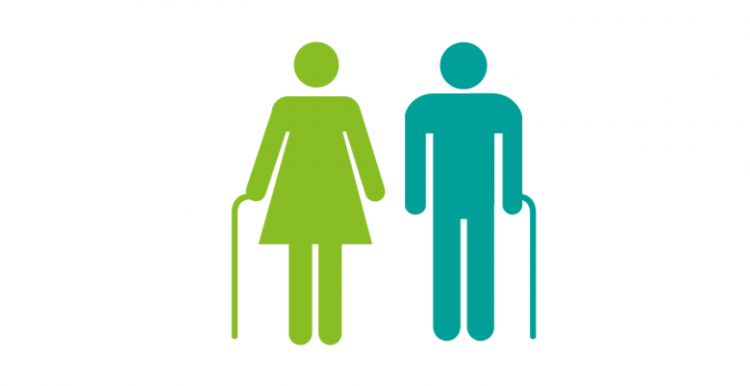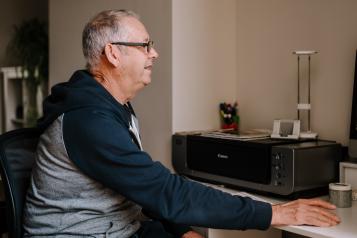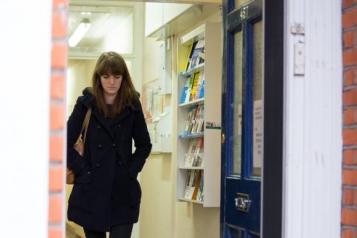Frailty

Last year I attended one of a number of regional conferences on Frailty, put on by NHS England. Although the conference was aimed primarily at professional health workers, I attended on behalf of Healthwatch MK and thought that there were many messages coming out of the conference which relate to everyone, particularly as we get older, but not exclusively.
FRAILTY IS NOT GOOD FOR YOU. The main message coming out of the conference was the need to take action to avoid becoming frail in the first place. Ensure successful aging by keeping as active as possible until the end of life and ensuring as little physical function is lost as possible.
However if a person does become frail, due to illness or an accident for example, it is not irreversible. Severe frailty can become moderate, and moderate can become mild if the necessary action is taken promptly. Any action taken to reduce frailty works, eg forms of exercise and activity, and is cost effective. Frailty is expensive, not only for the individual concerned but also for the health community. The cost of caring for a person with a severe degree of frailty is 6 times the cost of care for a person with a moderate degree of frailty.
The causes of the onset – or increase in the degree of frailty can be very varied. Obviously falls or fractures can lead to frailty, as can a debilitating illness, malnutrition or the onset of dementia. A statistic which is frequently quoted is that 10 days in hospital can result in 10 years of aging in the muscles of older people. However frailty can also be caused by loneliness, grief or depression.
Frailty is more than old age – it also differentiates in terms of vulnerability ie the greater the degree of frailty, the more vulnerable a person is – irrespective of age – and therefore the greater and more significant the subsequent impact of illness or disability. It is beneficial to all of us to do whatever we can to prevent ourselves becoming frail in the first place and reduce our personal vulnerability.
So what action can we take to prevent ourselves from becoming increasingly frail? Certainly any form of activity is an important starting point. It need not be much eg a walk to the shops instead of taking the car, joining an exercise class, attending a coffee morning, taking up bowls etc. Increasing exercise and activity reduces or delays the risk of mortality. Whatever activity we undertake it is important that we enjoy ourselves because that, in turn, contributes to reducing the risk of frailty.
However at the same time we must take care to ensure we do not trip up or have a fall because having a fall is one of the most significant causes of an increase in the degree of frailty. So how do we prevent ourselves from having a fall? There were 5 key messages for self-care:-
- Stay well
- Stay active
- Look after your feet
- Look after your eyes
- Look after your home
The community as a whole has a role to play in helping people become active, reducing isolation and loneliness and preventing frailty. There are many opportunities for people to participate in activities and events in and around the neighbourhoods within Milton Keynes, in which participation will in turn, contribute towards reducing an individual’s degree of frailty.
So, we all need to get out there, join in, take part, reduce our degree of frailty and above all, enjoy ourselves!


